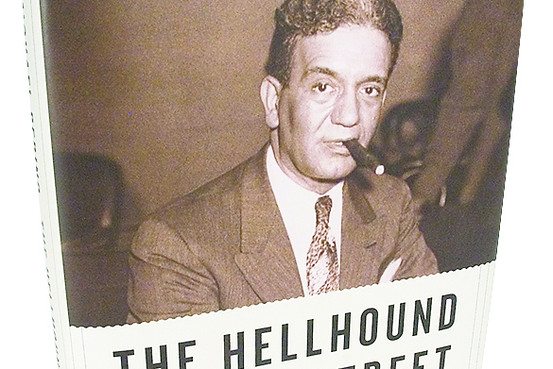 The Hellhound of Wall Street: How Ferdinand Pecora’s Investigation of the Great Crash Forever Changed American Finance by Michael Perino
The Hellhound of Wall Street: How Ferdinand Pecora’s Investigation of the Great Crash Forever Changed American Finance by Michael Perino
My rating: 5 of 5 stars
One of the best Wall Street books ever written, this highly readable book reads like fiction, except it isn’t. This masterpiece documents the deeply ingrained period racism, the greed and corruption from early Wall Street bankers without the dramatic flair that some other authors on the topic are prone to include. It bothers me when books point to a revenue strategy that a bank has and then dramatically includes an editorial as to the ethics of such strategy. This author didn’t do that. In fact, the record did it for him. Ferdinand Pecora’s investigation usually asked all the right questions and illustrates in great detail the necessity for the securities laws passed in the 1930s.
I couldn’t get enough of Pecora’s story and hope to continue the study about him on my own.
I am considering making this required reading for my securities regulation students next year.
Description from the Publisher:
“Ferdinand Pecora’s famous 10-day investigation into the secrets of Wall Street in 1933 makes a superb story…It has an ideal storyteller in Michael Perino.” –Financial Times
A riveting courtroom drama with remarkable contemporary relevance, The Hellhound of Wall Street brings to life a crucial turning point in American financial history: the 1933 hearings that put Wall Street on trial for the Great Crash. Michael Perino recreates the ten dramatic days when Ferdinand Pecora, a Sicilian immigrant turned Senate investigator, cross-examined the officers of National City Bank (today’s Citigroup), particularly its chairman, Charles Mitchell, one of the best-known bankers of his day. Pecora’s rigorous questioning exposed City Bank’s shocking financial abuses, revelations that galvanized public opinion and led directly to the New Deal’s landmark economic reforms.

